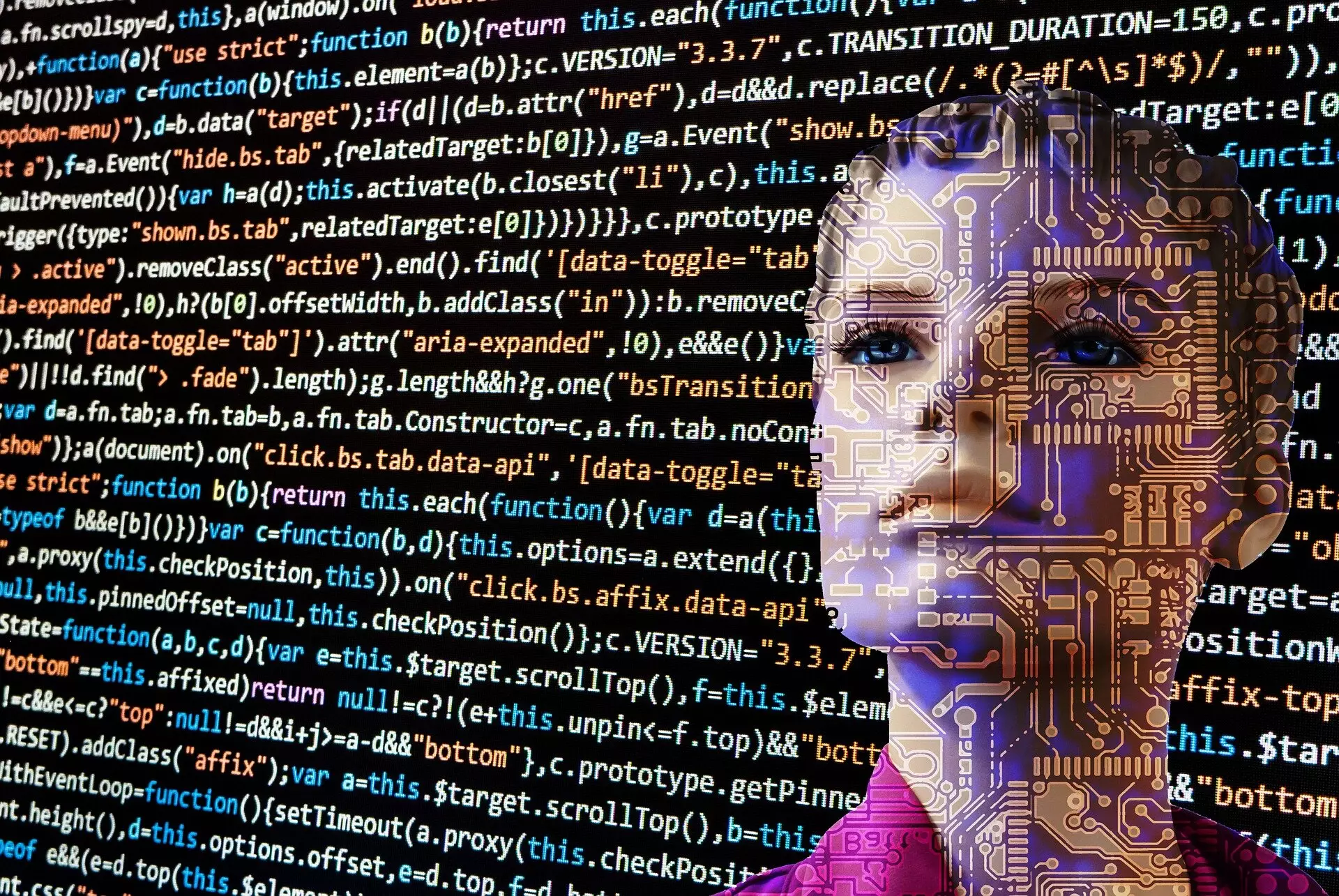Generative AI has the potential to revolutionize the workforce by enhancing human capabilities rather than replacing them. Studies have shown that AI tools like chat assistants and programming aids can significantly boost productivity and job satisfaction, especially for less-skilled workers. However, there is a risk of widening inequalities as those without access to necessary digital infrastructure or skills may get left behind. For instance, generative AI may not have a direct impact on regions with insufficient investment in digital technologies, exacerbating existing disparities. In the educational sector, AI can provide personalized instruction and support through chatbot tutors, leading to dynamic, skill-adaptive teaching methods. But the implementation must be carefully monitored to prevent biases from being perpetuated and to ensure equitable access for all students.
Implications for Healthcare
Generative AI holds great promise for the healthcare sector by augmenting human capacities in areas such as diagnosis, screening, prognosis, and triaging. It can reduce workloads, making medical care more accessible and affordable. However, there is a need for a balanced integration of AI with human judgment to avoid incorrect diagnoses and ensure superior performance. While AI can guide practitioners in making better choices, it is essential to supplement rather than replace human expertise in critical decision-making processes.
The use of generative AI in information dissemination raises concerns about the spread of misinformation and the impact on user experiences. While AI can personalize online content and broaden access to information, there is a risk of it being exploited for corporate gain and surveillance purposes. Advanced technologies like deepfakes have facilitated the spread of misinformation, posing a threat to democratic processes and societal discourse. Regulatory frameworks must address the potential of AI to exacerbate socioeconomic inequalities while promoting social equity, consumer protection, and ethical AI development.
As we navigate the evolving landscape of generative AI, policymakers and innovators are tasked with finding a balance between technological advancements and societal well-being. Regulatory improvements should prioritize equitable tax structures, empowering workers, controlling consumer data, supporting research on human-complementary AI, and combating AI-generated misinformation. The decisions made today will shape the future of generations to come, emphasizing the need for responsible and ethical AI practices. Each individual has a role to play in steering the course towards harnessing the positive potential of generative AI while mitigating its negative impacts.


Leave a Reply